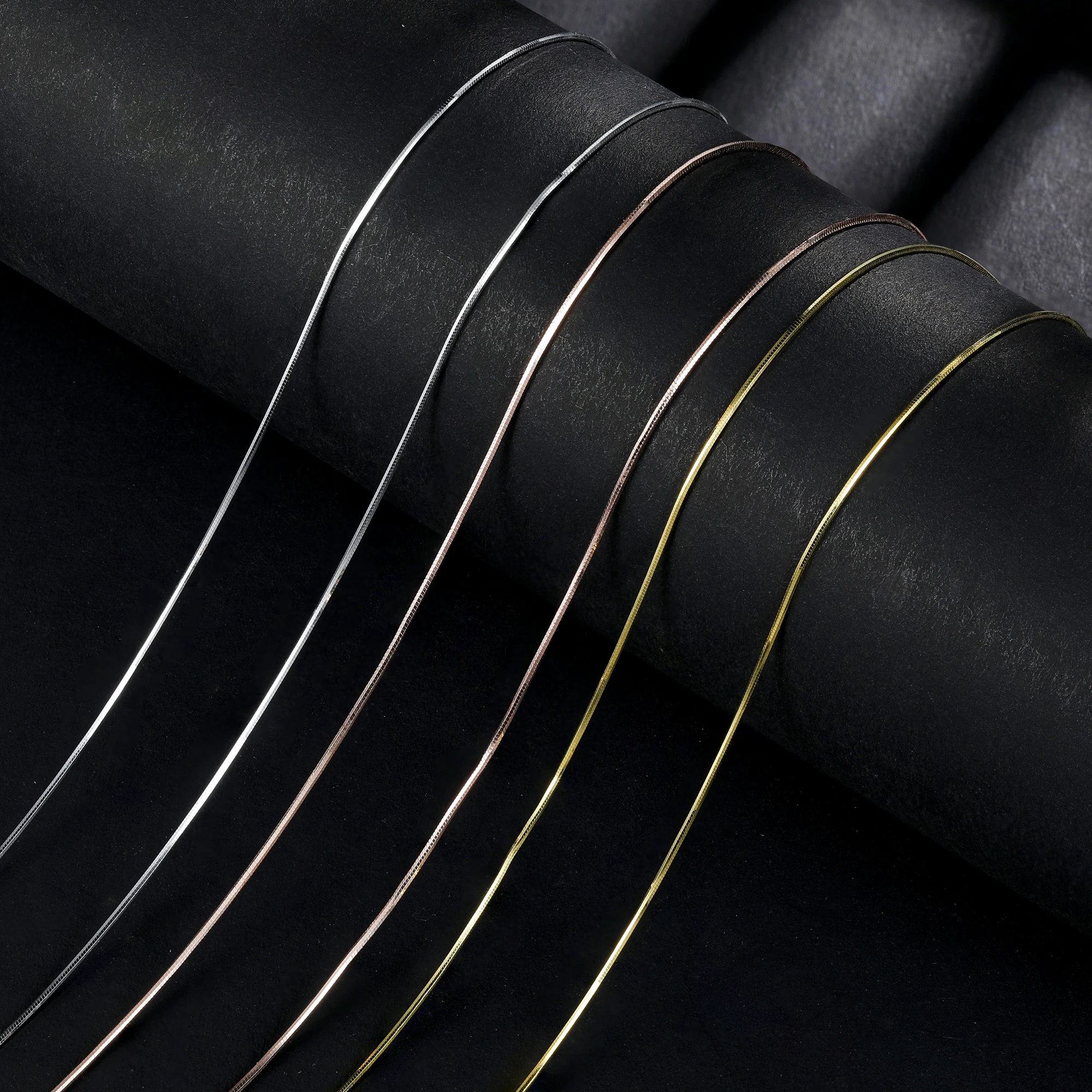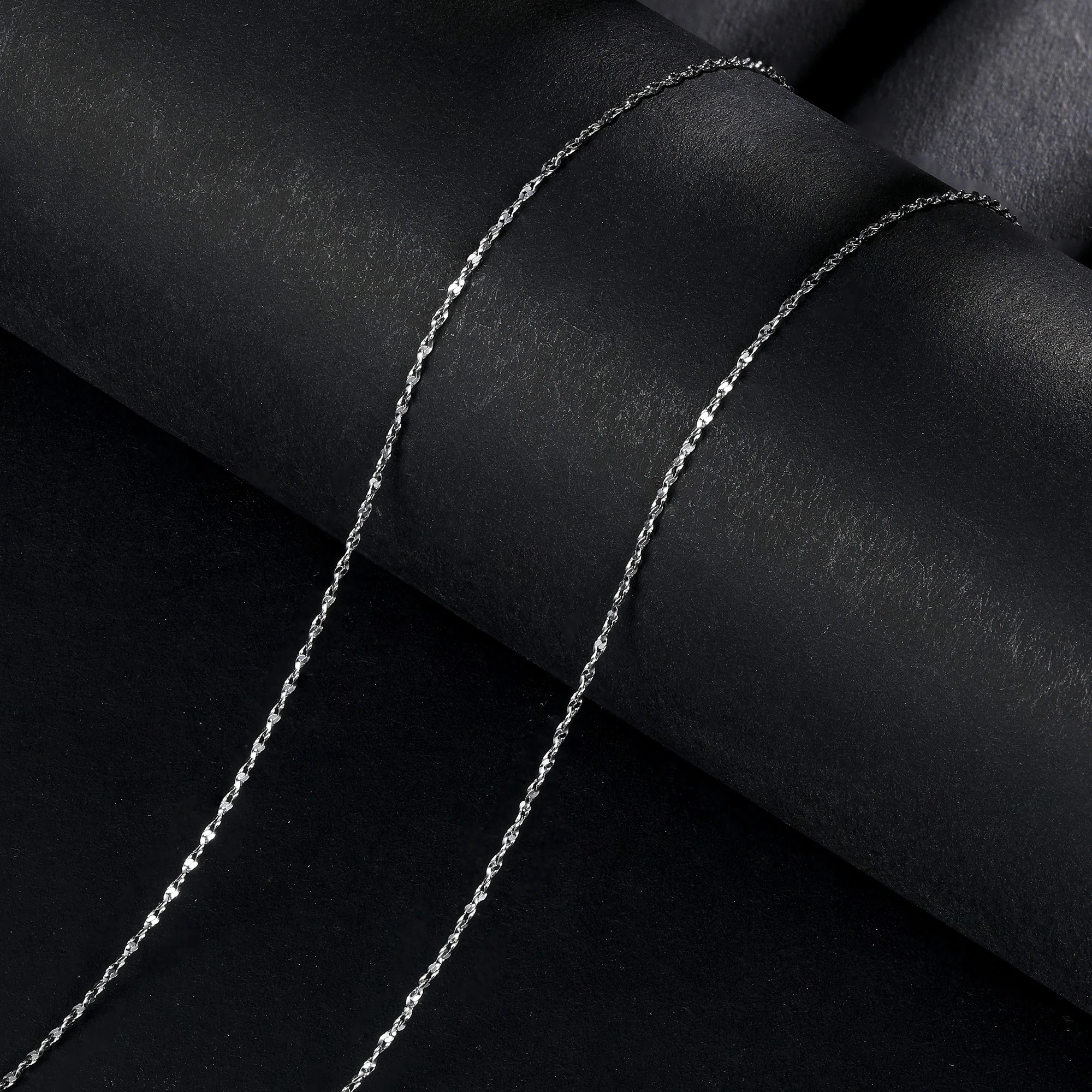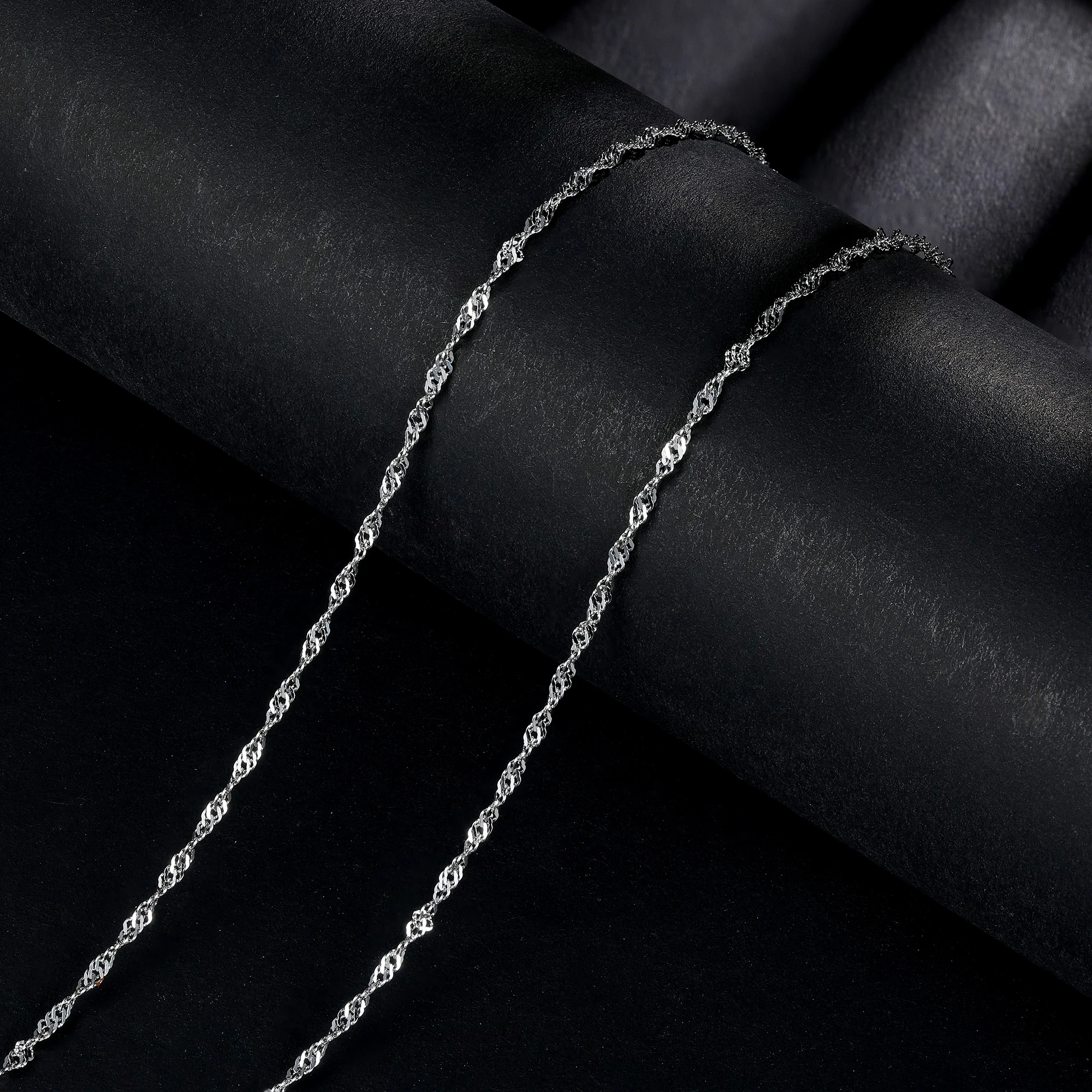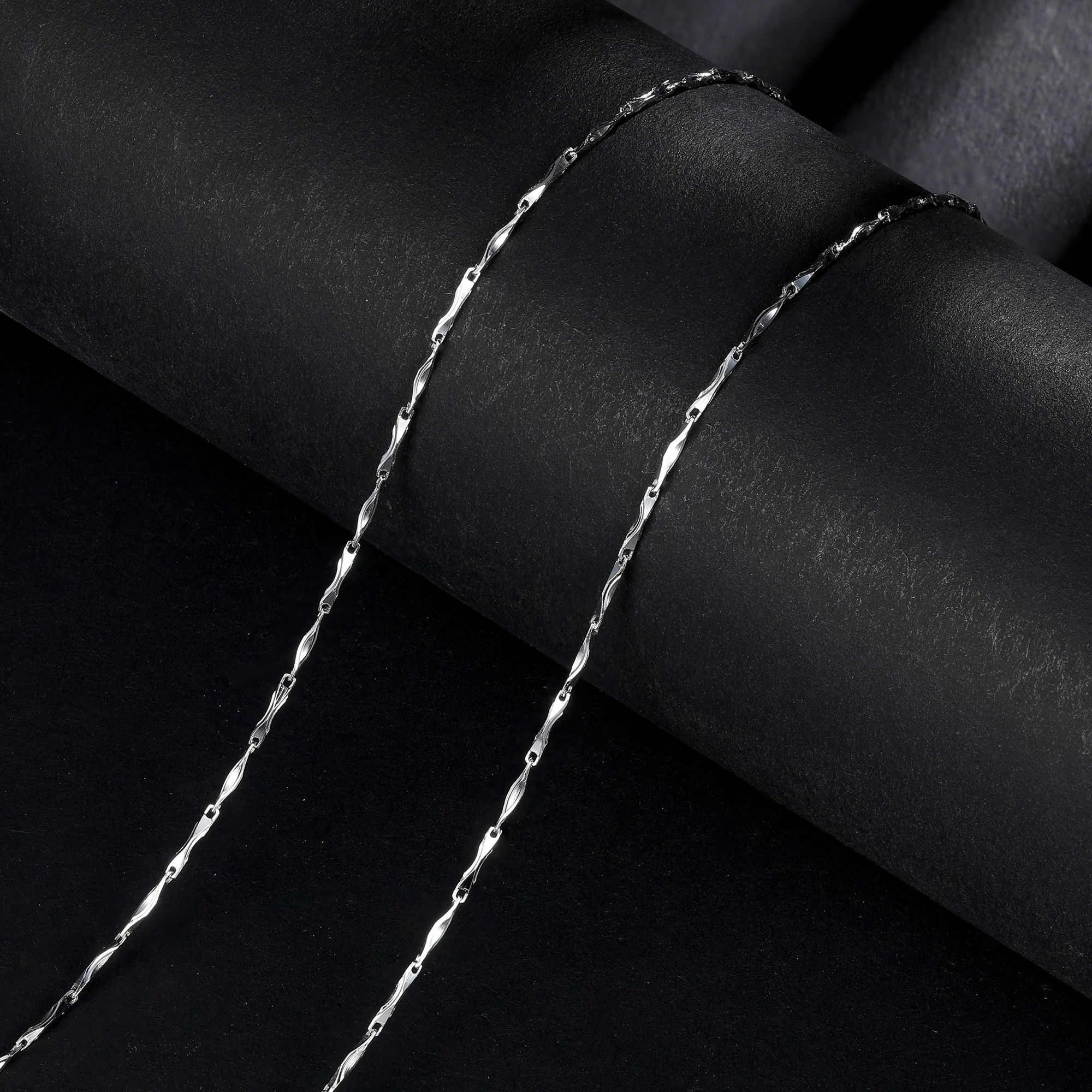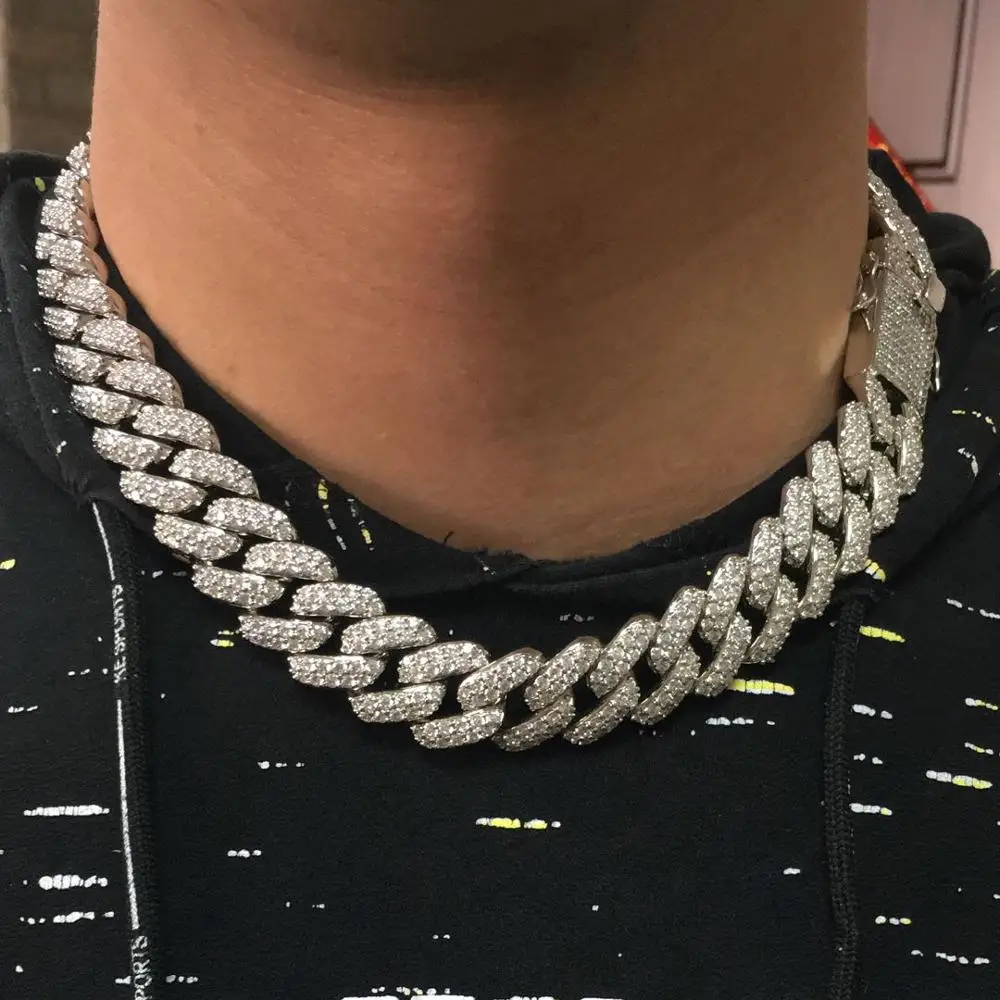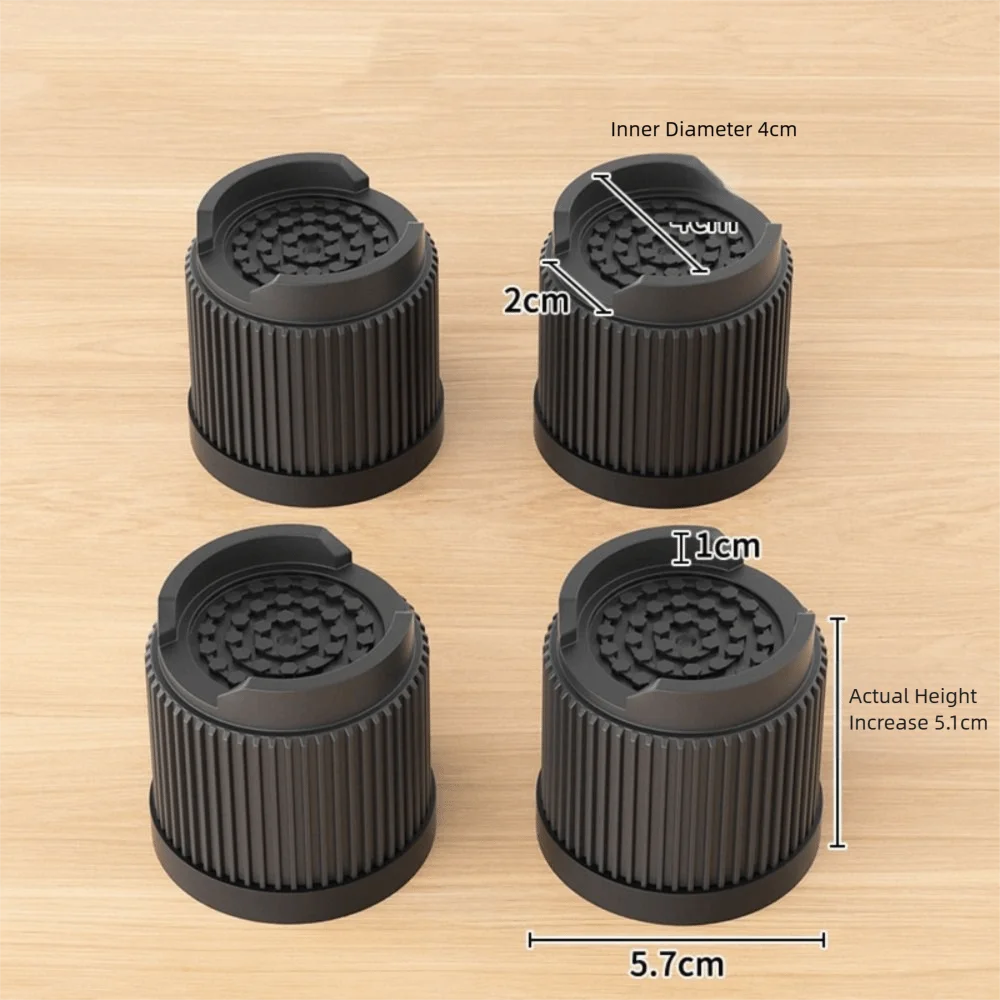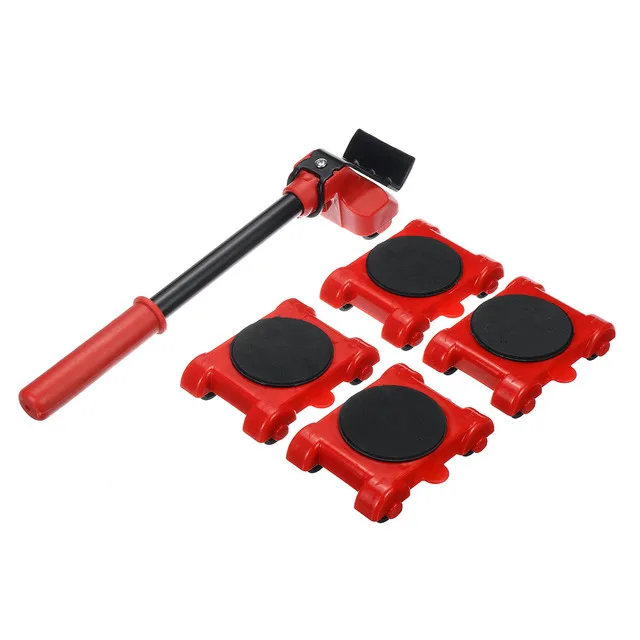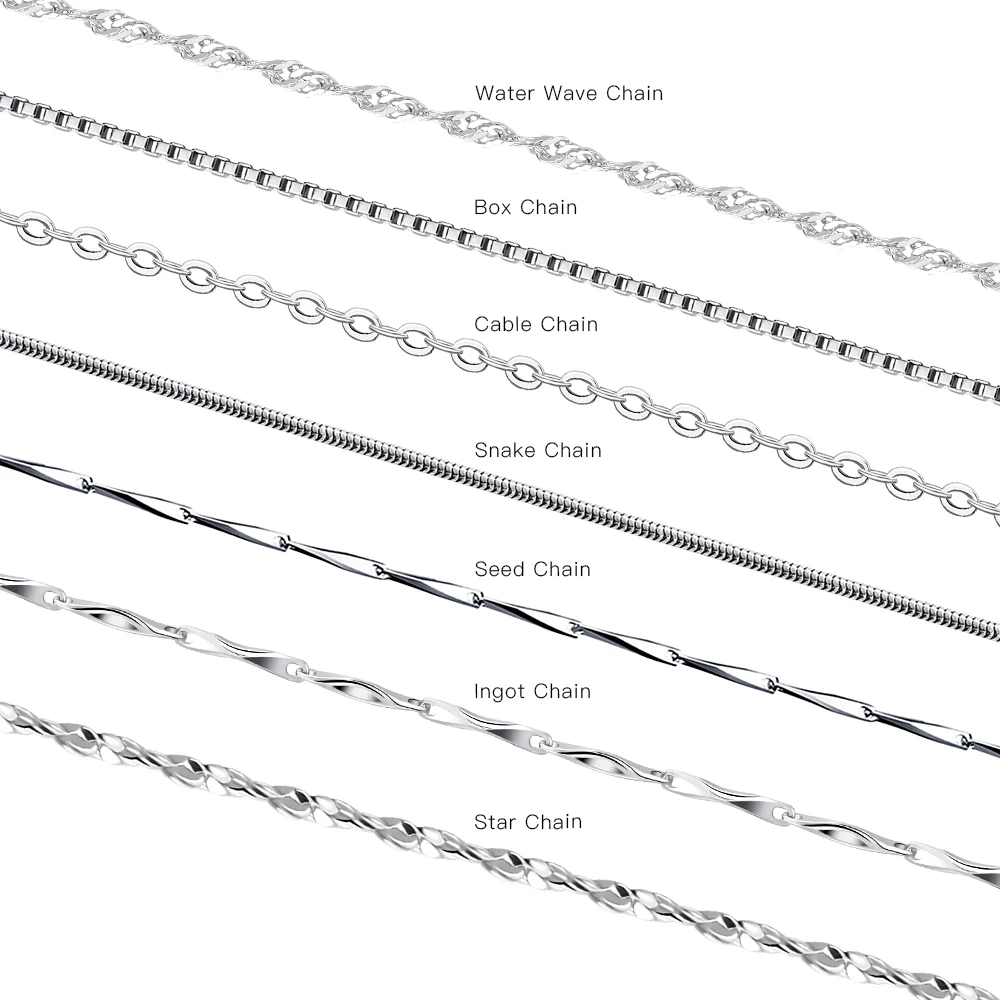 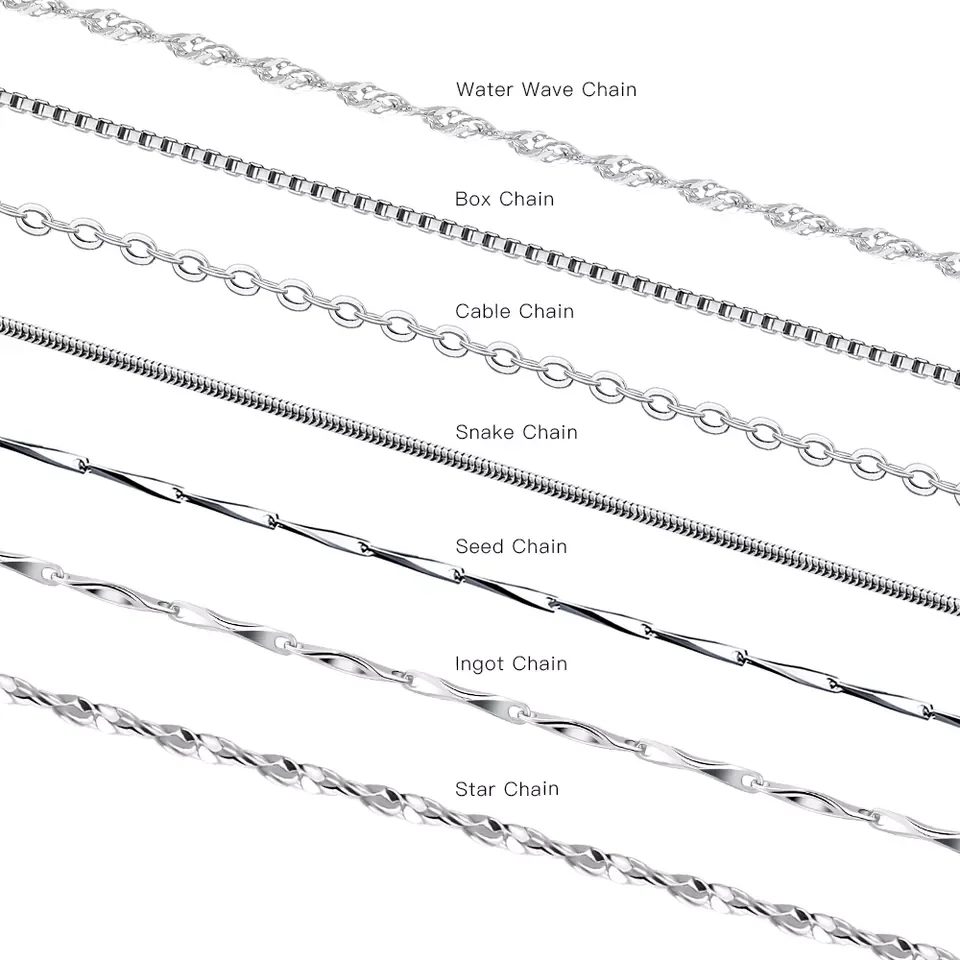 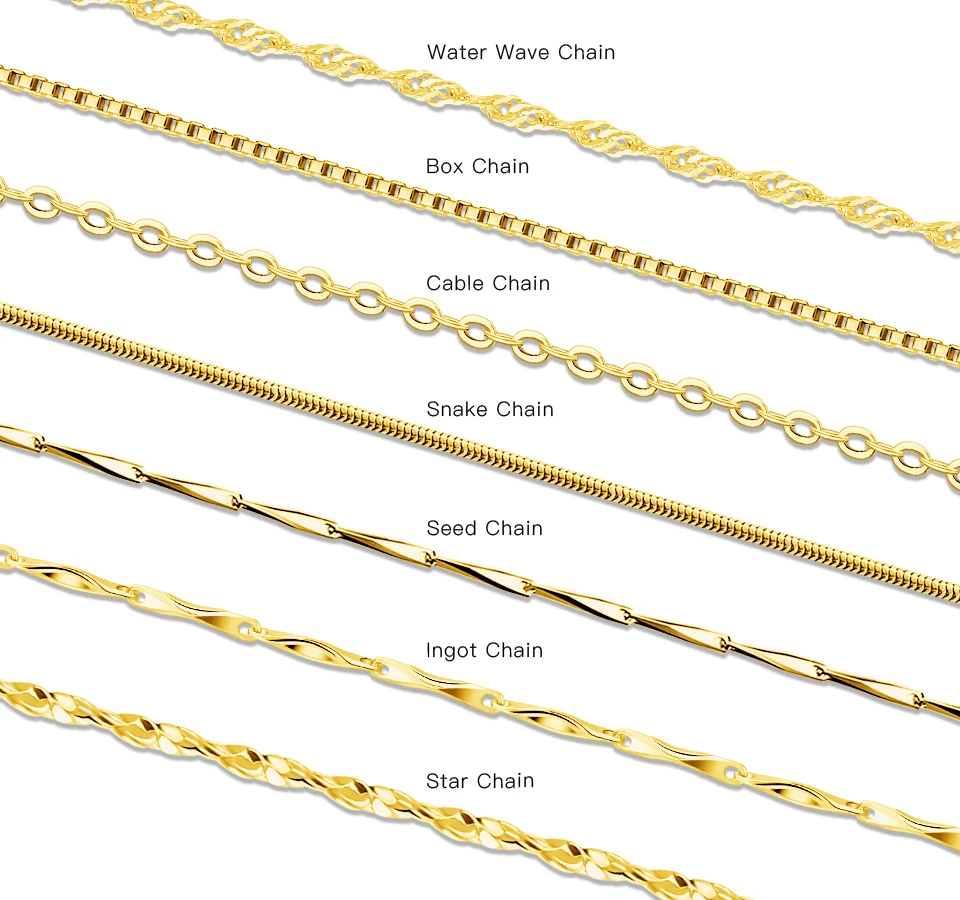 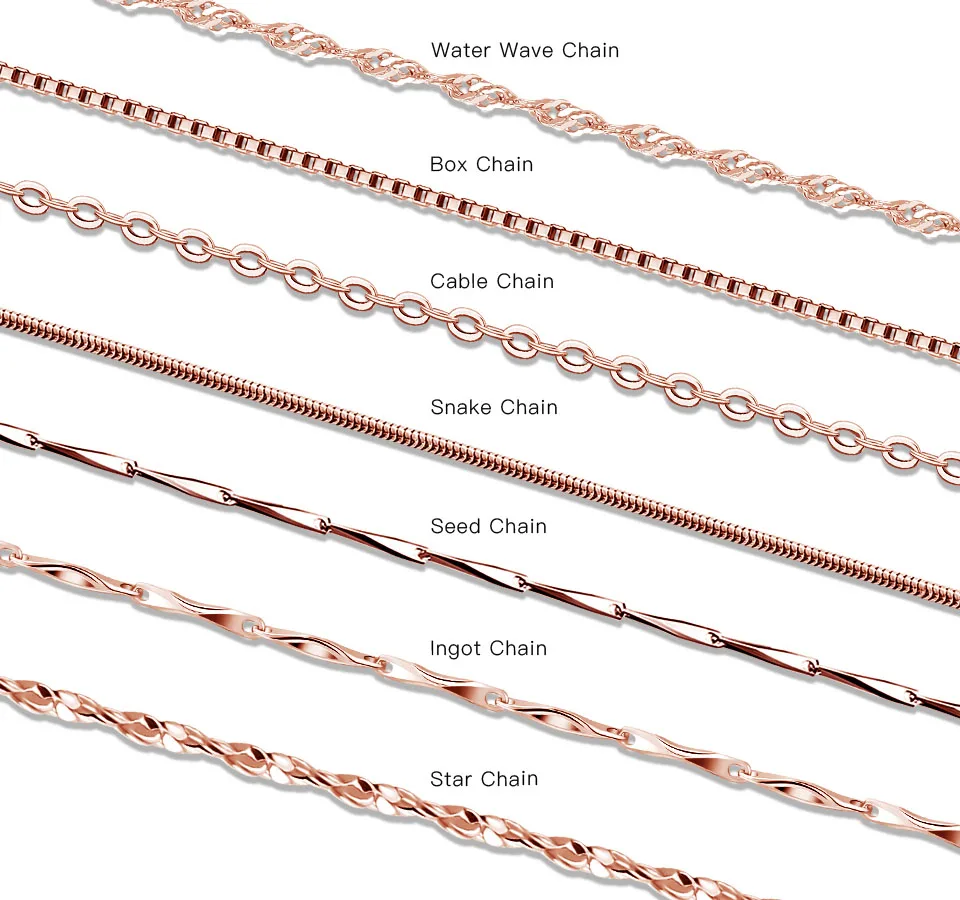
925 SILVER It's softness and strength make it ideal for crafting intricate, finely detailed jewelry 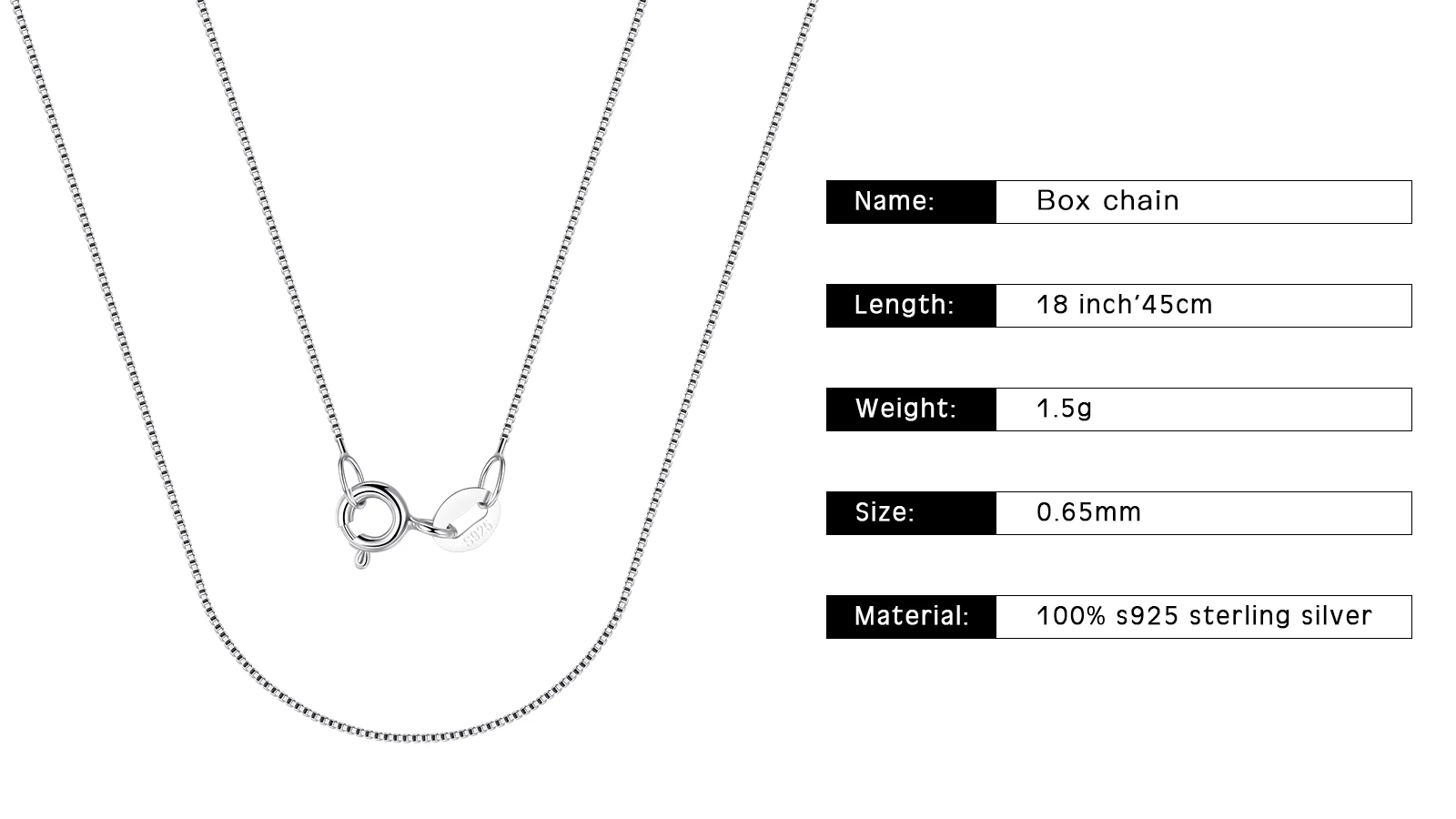 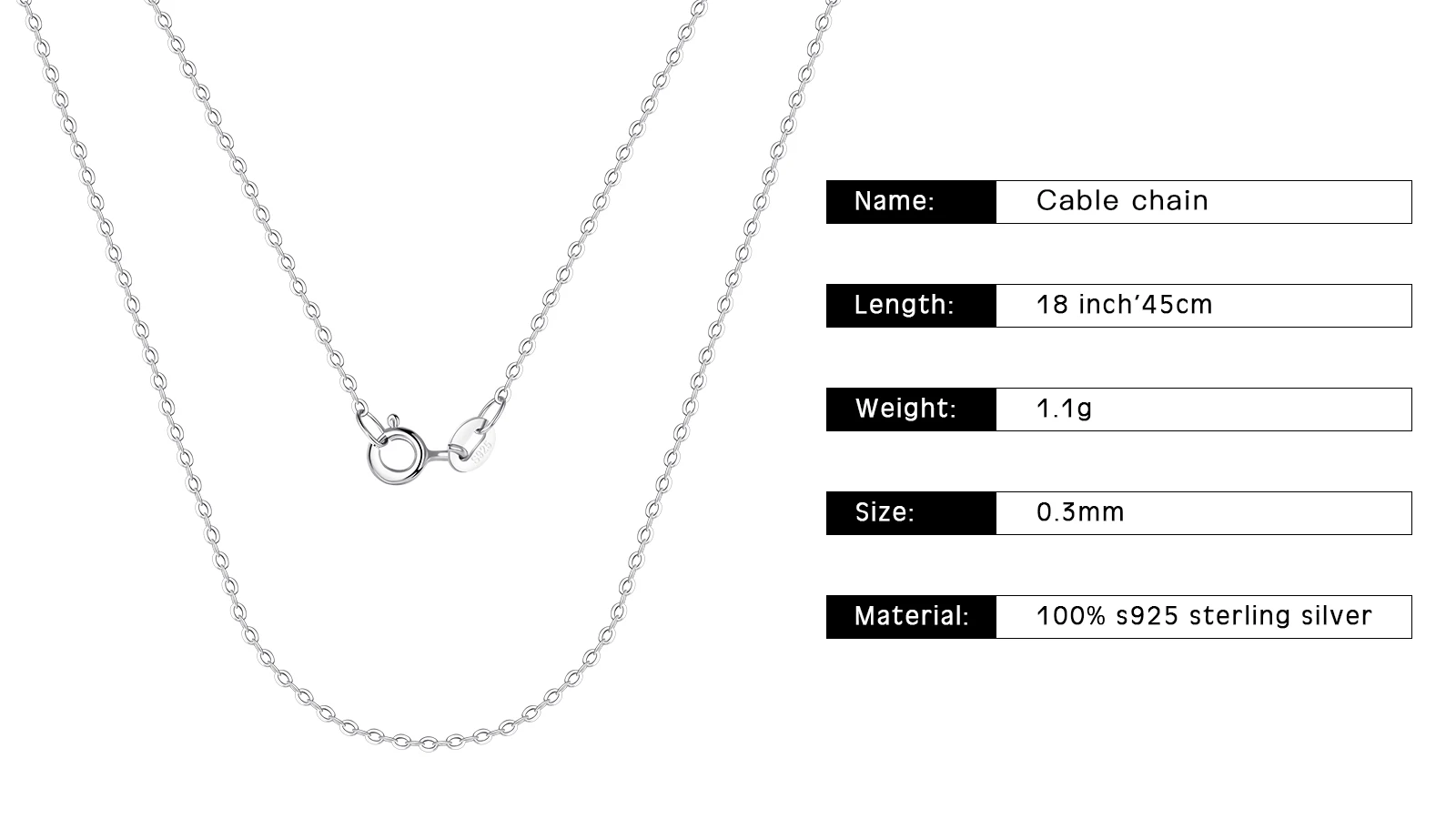 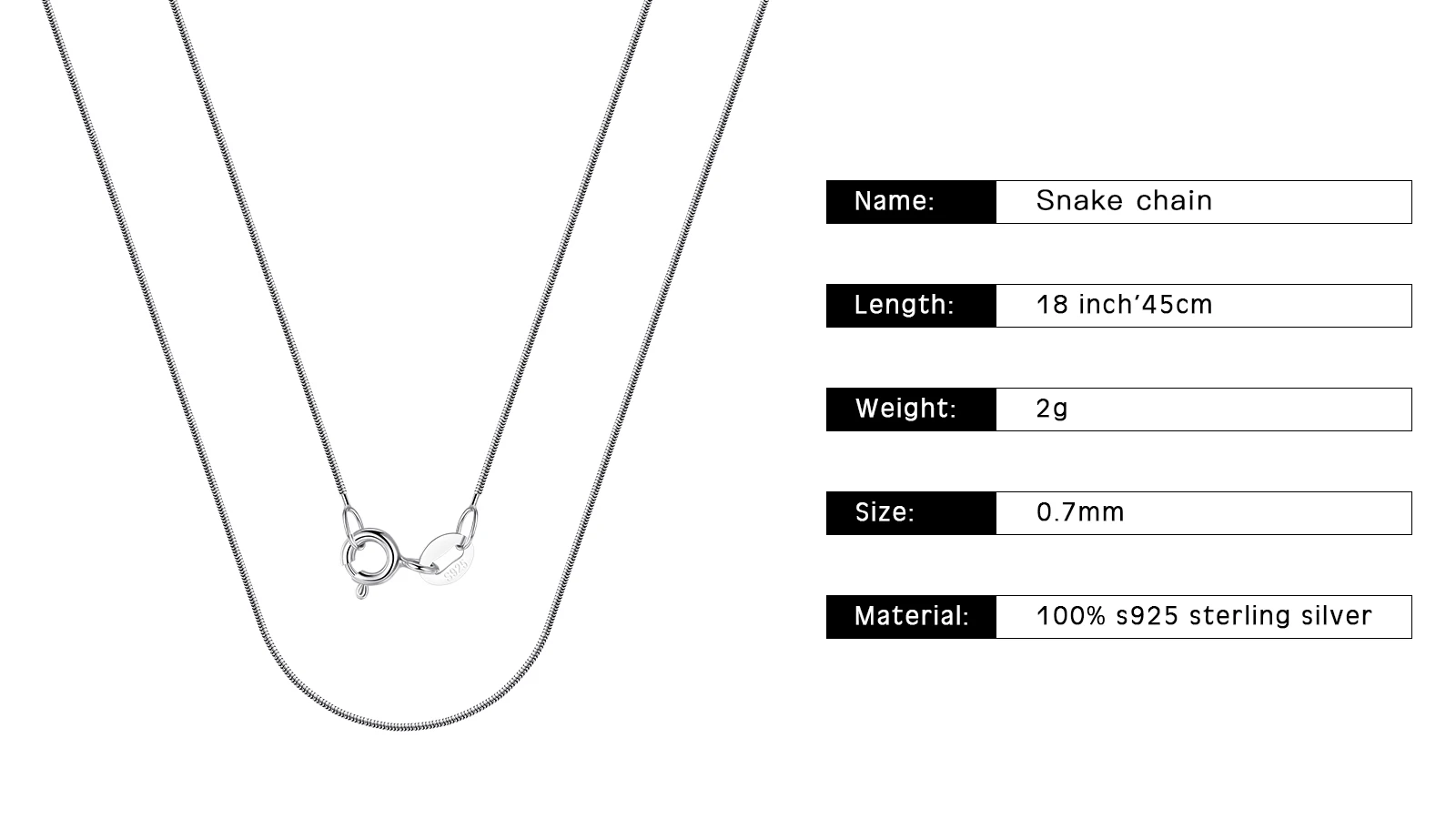 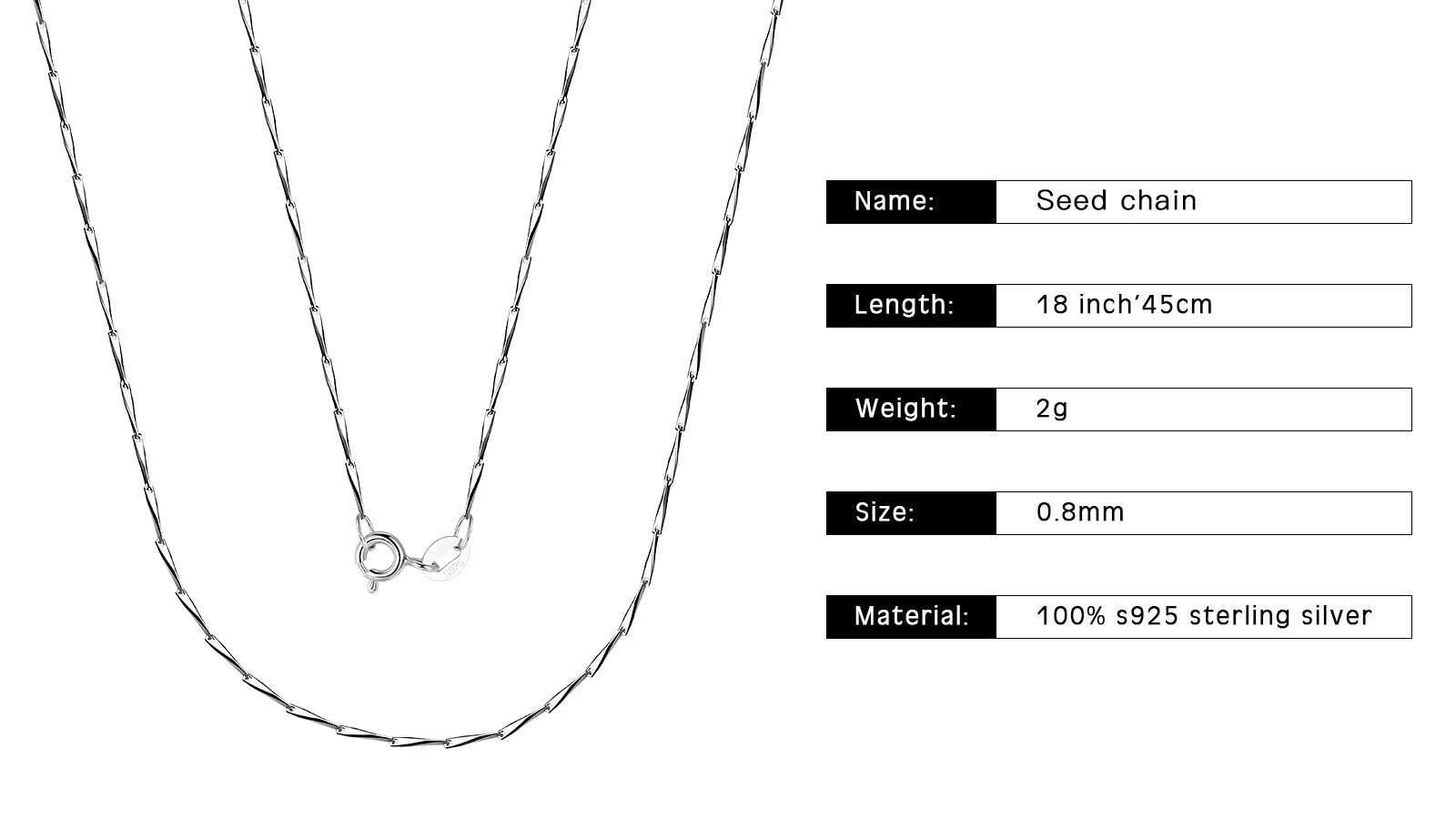 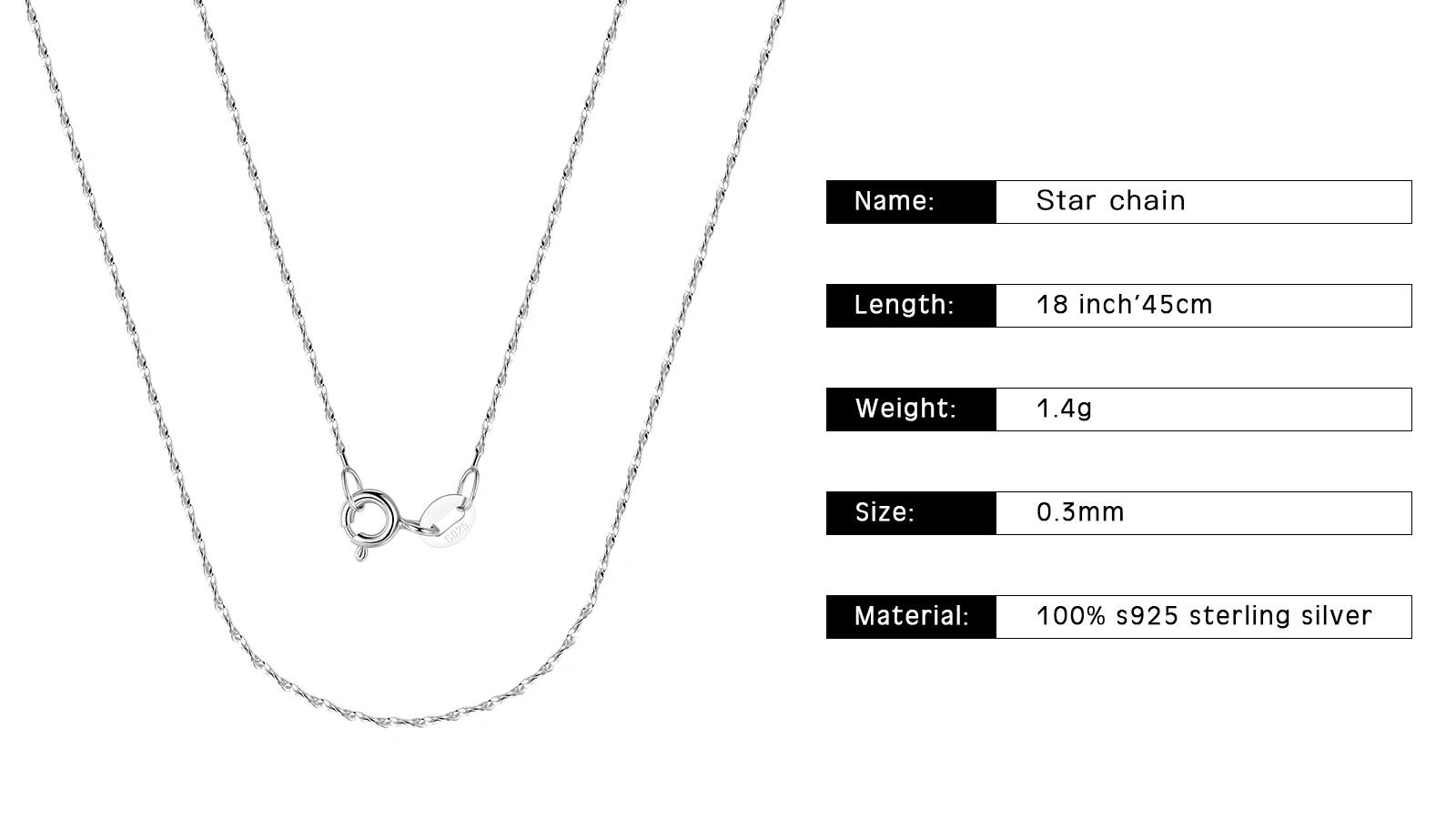 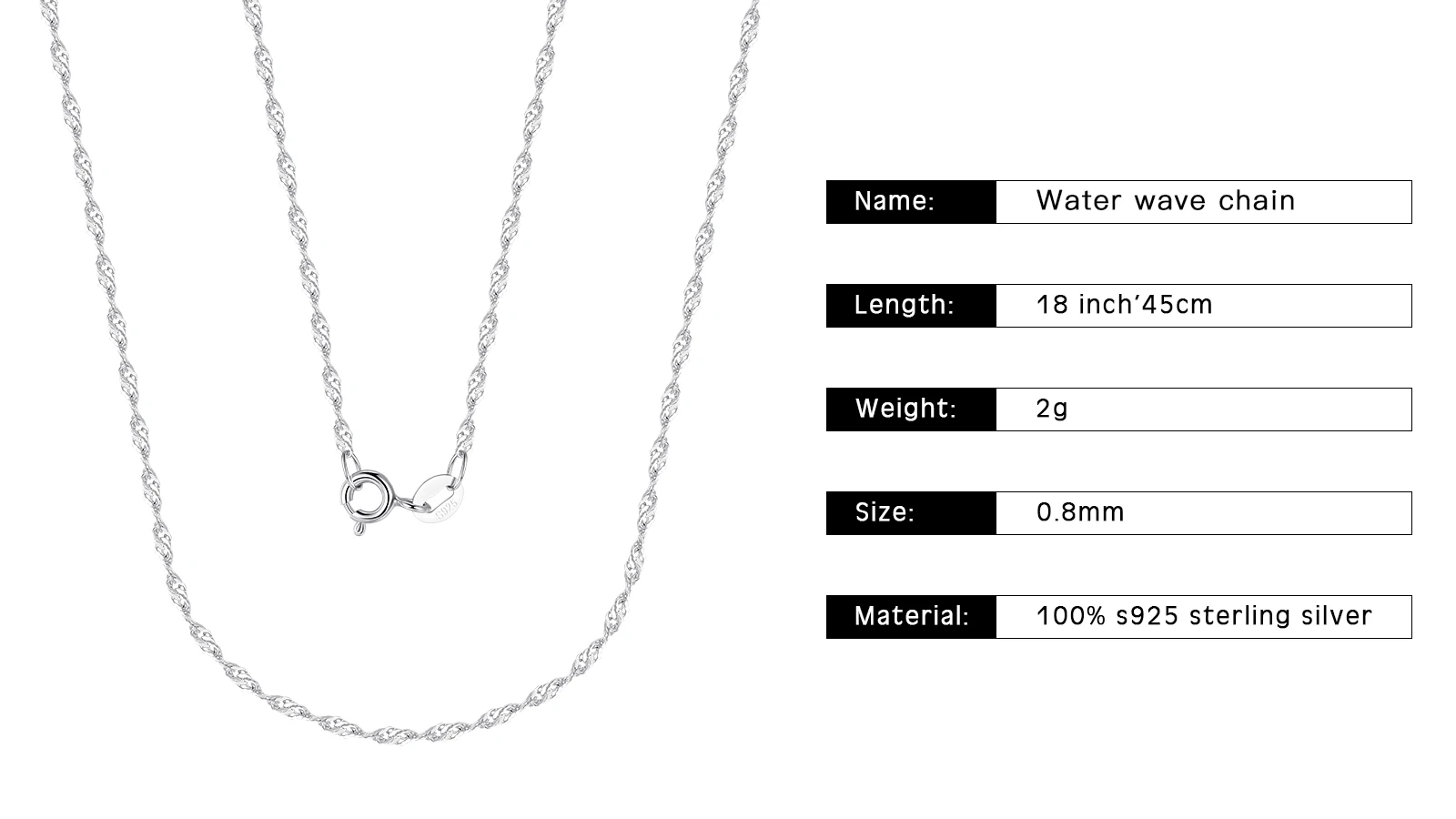 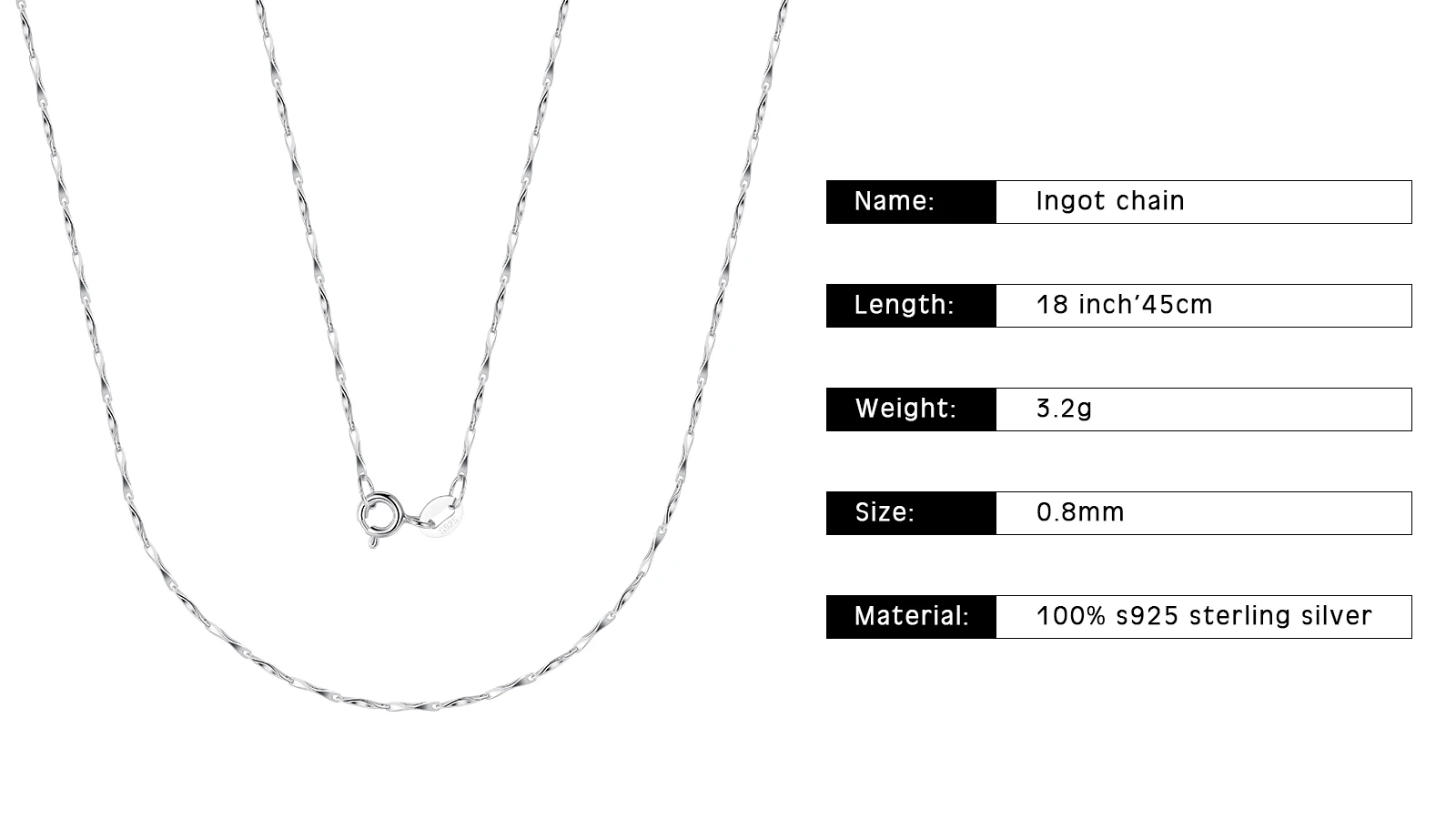
CHOOSE SILVER JEWES Delicate and durablen 

Skin-Friendly & Versatile 
Variety of plating options CRAFTED INTRICATE, FINELY DETAILED Both delicate and durable
PLATING ON SILVER Choose from a variety of plating options on 925 silver, from classic rhodium for lasting shine to luxurious 18K or 24K gold for a touch of opulence
CRAFTED INTRICATE, FINELY DETAILED Ensuring each piece is both delicate and durable |
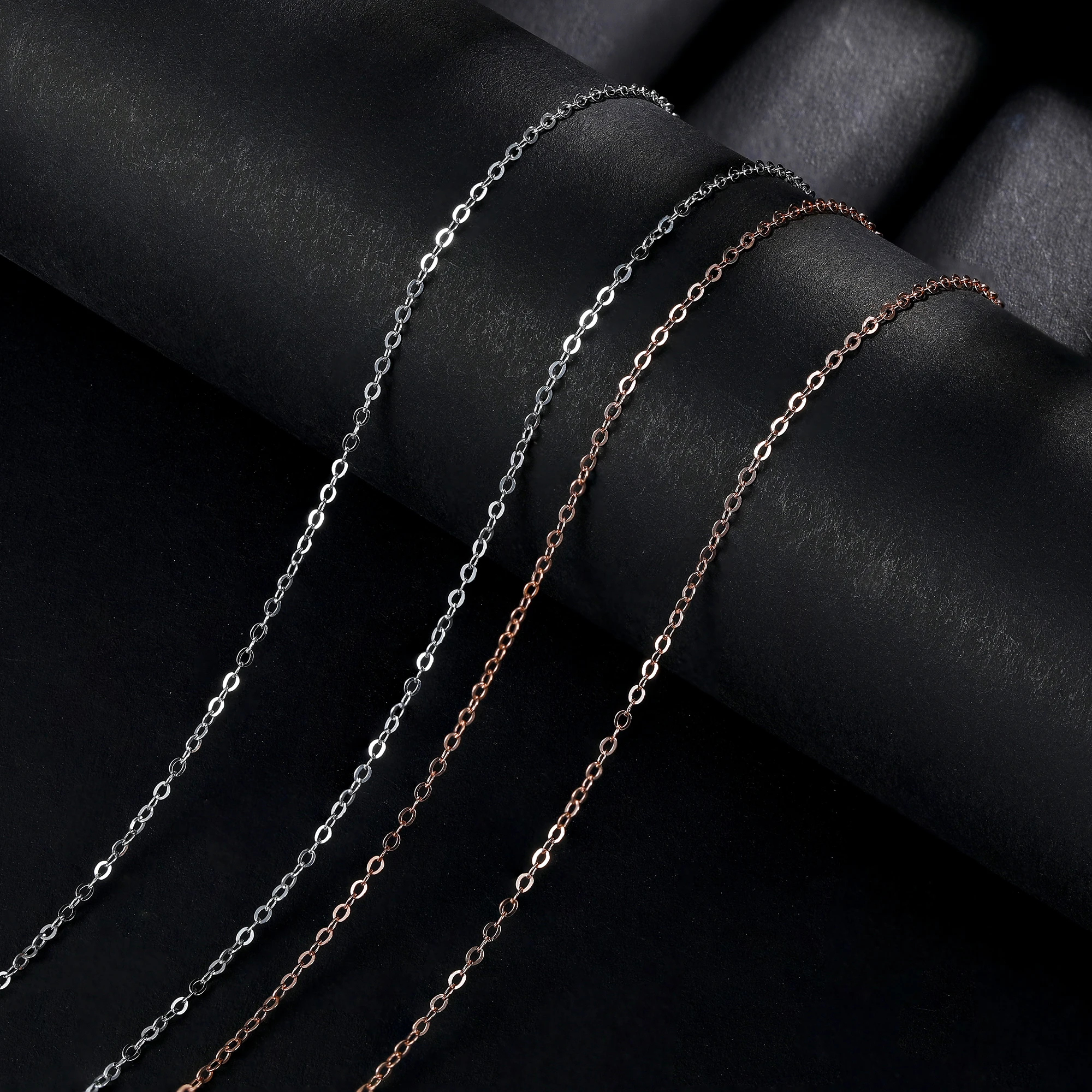
|
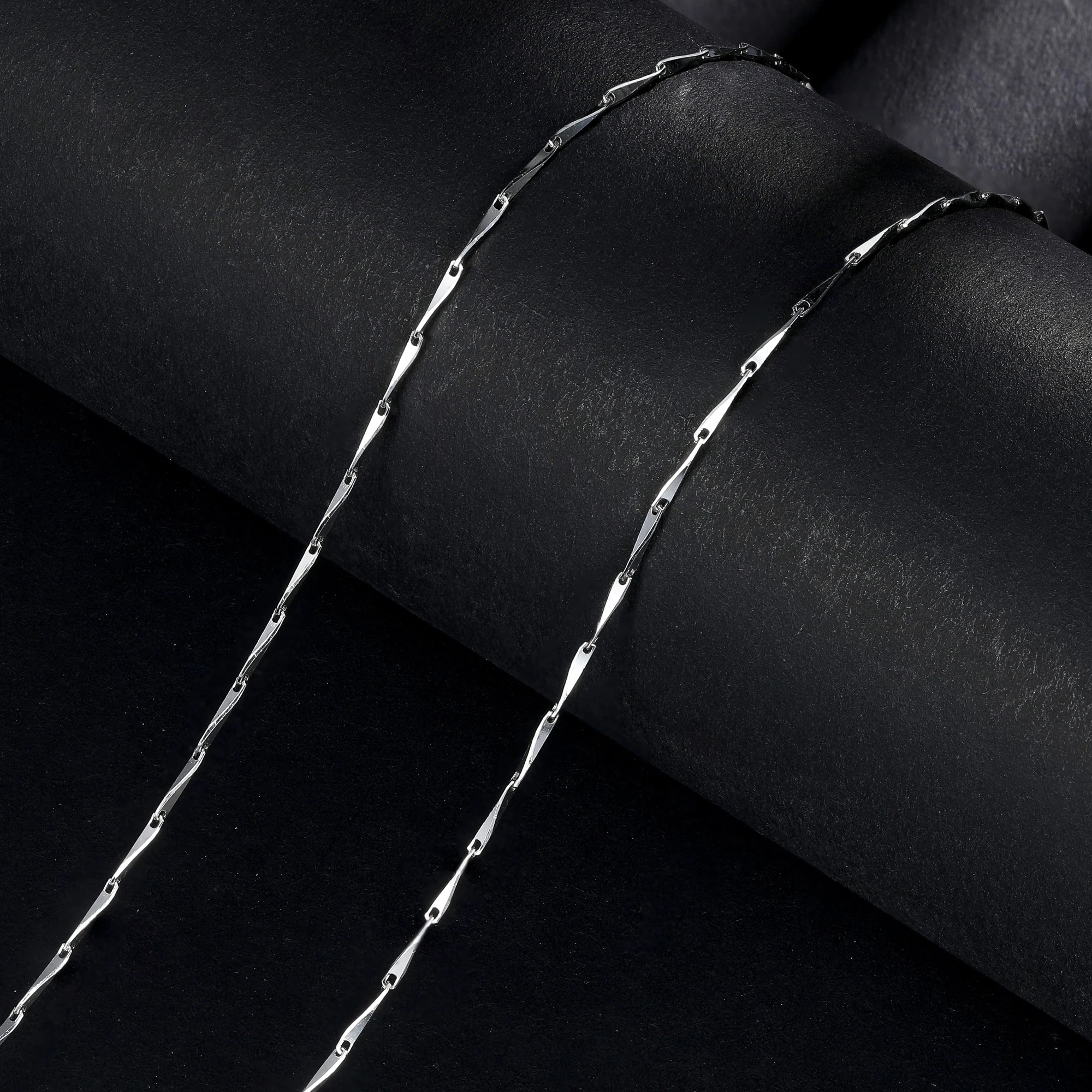 |
HYPOALLERGENIC & SAFE Safe for sensitive skin |
|
ACEWORKS |
 |

925 SILVER ACCESSORIES Fine Detailing & Craftsmanship
"925 silver's softness and strength make it ideal for crafting intricate, finely detailed jewelry, ensuring each piece is both delicate and durable."
Hypoallergenic & Safe
"Crafted from 925 silver, our jewelry is hypoallergenic and safe for sensitive skin, offering both beauty and peace of mind."
Skin-Friendly & Versatile
"925 silver is naturally skin-friendly and versatile, providing a perfect base for a variety of finishes and designs that suit any style."
Color Choices & Plating Options
"Choose from a variety of plating options on 925 silver, from classic rhodium for lasting shine to luxurious 18K or 24K gold for a touch of opulence."
Rhodium Plating Advantages
"Rhodium-plated 925 silver offers exceptional resistance to tarnishing and a brilliant, mirror-like finish that lasts."
18K & 24K Gold Plating
"Our 925 silver pieces are available with 18K or 24K gold plating, combining the durability of silver with the timeless elegance of gold, perfect for any occasion
Understanding Silver Tarnish
Silver jewelry is beautiful but can lose its luster over time due to tarnishing. Tarnish is a natural process where the surface of silver reacts with sulfur compounds in the air, forming a dull, dark layer. This reaction is more noticeable in environments with high humidity or pollution.
Why Silver Tarnishes
Exposure to Air and Humidity: Silver reacts with sulfur in the air, leading to tarnish.
Contact with Skin: Natural oils, sweat, and cosmetics can accelerate tarnishing.
Chemical Exposure: Household chemicals, perfumes, and even certain foods (like onions, eggs, or salt) can cause silver to tarnish more quickly.
Daily Care Tips
Wear Often: Surprisingly, wearing your silver jewelry regularly can help prevent tarnish because the oils in your skin act as a natural barrier.
Avoid Harsh Chemicals: Remove your silver jewelry before swimming, showering, or using household cleaning products. Chlorine, bleach, and even some cosmetics can cause silver to tarnish or damage the surface.
Keep Away from Moisture: Avoid wearing silver jewelry in humid conditions, and always dry it completely after it gets wet.
How to Clean Silver Jewelry
Gentle Soap and Water: For regular cleaning, mix a small amount of mild soap with warm water. Use a soft cloth or a sponge to gently wipe the jewelry. Rinse thoroughly and dry completely with a soft towel.
Baking Soda and Water Paste: For a deeper clean, mix baking soda with a little water to form a paste. Apply the paste to the silver using a soft cloth, gently rubbing it in circular motions. Rinse off the paste and dry thoroughly.
Commercial Silver Cleaner: For heavily tarnished pieces, a commercial silver cleaner can be effective. Follow the instructions carefully and avoid prolonged exposure, as these cleaners can be abrasive.
Storing Silver Jewelry
Keep It Dry: Store silver jewelry in a cool, dry place. Exposure to moisture and air accelerates tarnishing.
Use Anti-Tarnish Bags or Cloths: Special anti-tarnish bags or cloths are treated with chemicals that absorb sulfur and moisture, keeping your silver shiny for longer.
Separate from Other Jewelry: Store silver separately from other metals to avoid scratching and chemical reactions.
What to Avoid
Rubber Bands and Plastics: These materials can release sulfur compounds, which will tarnish silver.
Direct Sunlight: Prolonged exposure to sunlight can cause silver to tarnish.
Wool and Felt: These materials contain sulfur, which can cause tarnishing if they come into contact with your silver jewelry.
Polishing Tips
Use a Special Silver Polishing Cloth: These cloths are impregnated with anti-tarnish chemicals and are the best way to maintain your jewelry’s shine.
Avoid Over-Polishing: While polishing is essential to keep your silver looking good, over-polishing can wear down the silver over time.
Final Thoughts
Taking proper care of your silver jewelry will keep it looking beautiful for years to come. By understanding what causes silver to tarnish and how to prevent it, you can enjoy the lasting beauty of your pieces. Regular cleaning and proper storage are key to maintaining your jewelry's luster.
| 





















